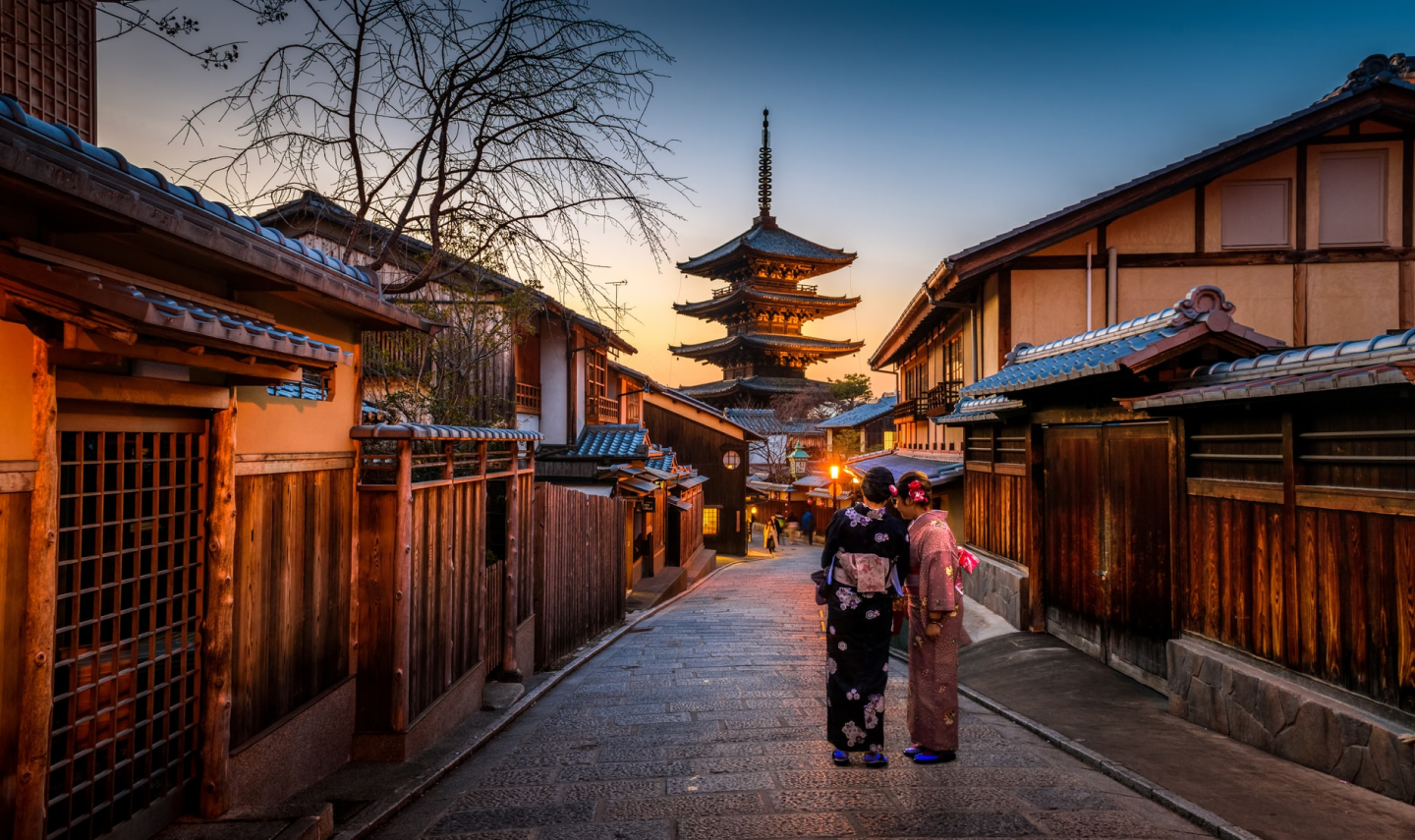Japan - Getting to know Hakone
Within easy reach of both Tokyo and Mount Fuji, the hot springs of Hakone have turned this picturesque region into a popular onsen spa resort, not to mention winning it UNESCO Geopark status. Cable cars sway across the green volcanic slopes, and a fleet of painted wooden ships ferry visitors across scenic Lake Ashi to the ropeway that leads up to Owakudani sulphur springs.
What to do in Hakone
An onsen visit is an unparalleled way to experience Japanese ‘down time’ - Hakone has been an onsen resort for centuries, and has an excellent selection of genuine old bathhouses, outdoor hot springs and private baths. Pay your respects at Hakone Jinja, a historic Shinto shrine. One of Japan’s most powerful shoguns prayed here for a victory that, when it later arrived, led to the reign of the samurai and 700 years of feudal Japan. The shrine is marked by a large torii gate that floats in Ashi Lake - from here, a path winds through the forest and up Mount Hakone to the shrine itself. The town has several good arty attractions, notably the Open Air Museum - more of a sculpture park than a museum, it features modern sculpture arranged throughout 17 acres of landscaped gardens - and Narukawa Art Museum, a hilltop gallery with superb views to compliment its Japanese and Chinese masterpieces. Hakone’s Botanical Garden of the Wetlands is unusual, and worth a visit, especially in June, when its lilies are flowering. In spring, the region is a good choice for cherry-blossom, whilst in autumn the valleys fill with impressive flowering grasses.
Onsens can be a bit of a culture shock for the uninitiated - bathing suits are prohibited, and gender segregation is the norm. You’ll be expected to clean yourself thoroughly (not to do so is taboo) before entering the shared bathing areas.
They're a remarkable and very Japanese way to relax for a few hours, providing you can handle being nude in front of a few dozen strangers of your own gender. If this isn’t for you, or you want to bathe with your family or partner, private baths are available, but they are rarer and more expensive.
Guests should remain quiet and peaceful (no splashing!). Sometimes warm sake is served to bathers, and many onsens offer massage and food.
Tattoos in onsens
Be aware that, because of the strong association between tattoos and Japanese organised crime, you may be rejected from an onsen if you have body art, however innocent it is, although you may be allowed to cover smaller tats with a big plaster.
Healing and wellbeing
Natural onsen water often has geology-dependent chemical properties, with various therapeutic effects, although (especially in the cities) you will also find artificial onsens, where the pools may be scented with herbs and essential oils instead. Where these feature multiple pools, there may be a range of temperatures, from an icy plunge to near-scalding, so dip your hand in first!
Speak to one of our
Concierge specialists
Start planning your tailor-made trip by contacting one of our Concierge specialists
Map of Hakone
Places on the map
-
Hakone
-
Tokyo
-
Tsumago
-
Takayama
-
Kanazawa
-
Kyoto
-
Osaka






















